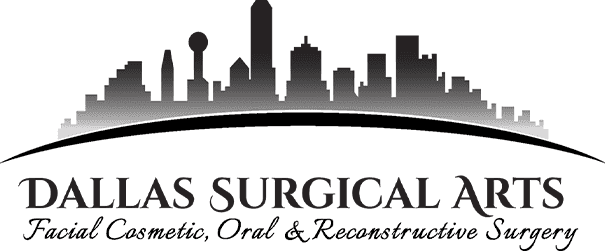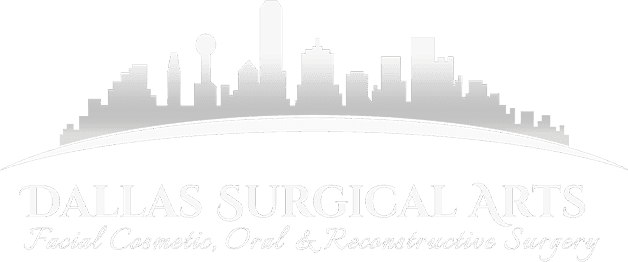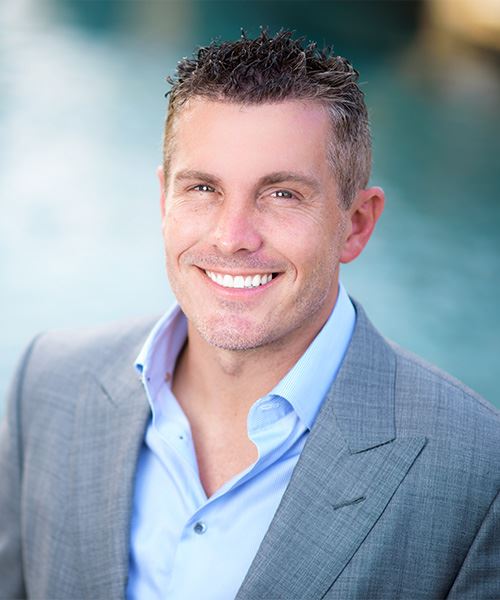How to Prepare for Surgery
We will have you come in for a pre-surgical appointment 1-2 weeks prior to your surgery date to go over post-op instructions and give you a list of medications that will be called into your pharmacy. All prescriptions that are called in are to be taken after surgery. If you have someone that will be taking care of you, it is recommended that they come to this pre-surgical appointment to hear and understand post-op instructions. We will provide one dose of arnica to help prevent bruising, which you can start taking 8 days prior to your procedure. If you would like to take another dose post-surgery, arnica supplements can be purchased at our office or in common drugstores. We recommend obtaining all necessary items prior to surgery, that way after surgery you can go straight home and rest.
What Can I Expect After Surgery?
- Facial swelling that will start to minimize by 7-10 days. We recommend sleeping in a reclined position for the first 5-7 days to help minimize the swelling.
- You will leave the office with a layer of Aquaphor on the incisions.
- You should not try to clean the suture area. Apply a small amount of Aquaphor over the incision sites to help keep them moist for minimal scarring. You may use saline nasal spray to help keep the insides of the nostrils moist.
- Placing a humidifier in the room you are sleeping in will help with moisture control and aid in dissipating the stuffiness you will experience after surgery.
- Your lips may feel odd and you will be unable to fully animate with them for the first 3-4 weeks after surgery. Normal function will return as the swelling goes down.
Pain Management After Surgery
- You will be prescribed medications based on your health history.
- You will receive pain medication to use for the first 3-5 days post-surgery, if needed.
- An antibiotic will be prescribed for you to start taking the day after surgery.
- An oral steroid will be prescribed to help reduce swelling.
- Anti-nausea medication will help aid with any nausea you may experience after surgery.
Wound Care for the Surgical Site
- Always keep a thin coat of Aquaphor on the incision sites. You will need to apply this 3-5 times per day for the first week.
- You may shower following surgery, but avoid getting the incision sites wet.
What Happens at the Follow-Up Visits?
- You will have a follow-up 1 week after the procedure to assess your incisions and healing progress. At this appointment, we will remove some of the sutures.
- We have a Candela Vbeam Prima Perfecta Laser Machine, a pulsed-dye laser (PDL), that will help reduce the appearance of dark red or purple bruising more quickly.
- We will take photos at each follow-up appointment to monitor your healing progress.
- You will have a follow-up 2 weeks after the procedure to assess swelling and address any concerns with healing that you may have at that time.
- You may call or email at any time during your recovery if you have any questions or concerns between follow-up visits.
Skin Care After Surgery
- At your 1-week follow-up, we will provide a scar cream (Silagen Scar Refinement System) for you to start using to help minimize scarring.
- Protect your facial skin from excessive sun exposure for months after surgery. Please use sunscreen anytime that you are outside. Exposing the healing scars to the sun will result in more prominent scarring.
Activity Level After Surgery
- Avoid any strenuous physical activity for 1 week.
- Do not hit or bump your nose. Be careful with animals and small children.
- DO NOT rub your nose with a Kleenex. Use a drip dressing for drainage if needed.
- You may return to school or light duty work (non-physical labor) within a week of the surgery, or as tolerated.
- Although you just had surgery, we recommend you do not stay in bed while awake. The more movement and blood flow, the easier recovery can be.
- Try to transfer to a chair and walk around the house. You want to be as active as possible, but avoid doing anything too strenuous.
- The swelling will worsen over the first 3-4 days after surgery, which is expected, but will begin to subside shortly thereafter.
When Should I Call My Doctor?
- If you have difficulty breathing
- If you have difficulty closing your eyes after surgery
- If you are unable to urinate
- If you have severe pain that is not improved with medications
- If you experience a rash, nausea, vomiting, severe headache, severe constipation, or other unexpected reactions
- If you have an oral temperature over 100.5 degrees.
- If you have a question or concern that must be addressed prior to the follow-up visit.
- Excessive bleeding. If this occurs, lie down with your head elevated about 30 degrees. Use two sprays of Afrin nasal spray into each nostril. Remain quiet and relaxed for 15-30 minutes. If this does not stop the bleeding, call our office.
Who Should I Call if I Have Questions?
Please call our office at (972) 914-3660. You may also email photos or questions to info@dsa.live and someone will get in touch with you within 24-48 hours.


 Dr. Randy R. Sanovich, DDS Board Certified Facial Cosmetic Surgeon, Board Certified Oral & Maxillofacial SurgeonAs a dual board-certified surgeon in oral, maxillofacial, and facial cosmetic surgery, Dr. Randy Sanovich is committed to providing optimum results for his patients. Dr. Sanovich’s extensive training ...Learn More
Dr. Randy R. Sanovich, DDS Board Certified Facial Cosmetic Surgeon, Board Certified Oral & Maxillofacial SurgeonAs a dual board-certified surgeon in oral, maxillofacial, and facial cosmetic surgery, Dr. Randy Sanovich is committed to providing optimum results for his patients. Dr. Sanovich’s extensive training ...Learn More Dr. Daniel Sanovich Board Certified Oral & Maxillofacial Surgeon
Dr. Daniel Sanovich Board Certified Oral & Maxillofacial Surgeon Dr. Max McCullum Board Eligible Oral & Maxillofacial Surgeon
Dr. Max McCullum Board Eligible Oral & Maxillofacial Surgeon Jennifer Laudien Licensed Esthetician, Senior Certified Laser Hair Technician
Jennifer Laudien Licensed Esthetician, Senior Certified Laser Hair Technician Hannah Killeen Licensed Esthetician, Certified Laser Technician
Hannah Killeen Licensed Esthetician, Certified Laser Technician Martin Serralde Registered Nurse
Martin Serralde Registered Nurse







